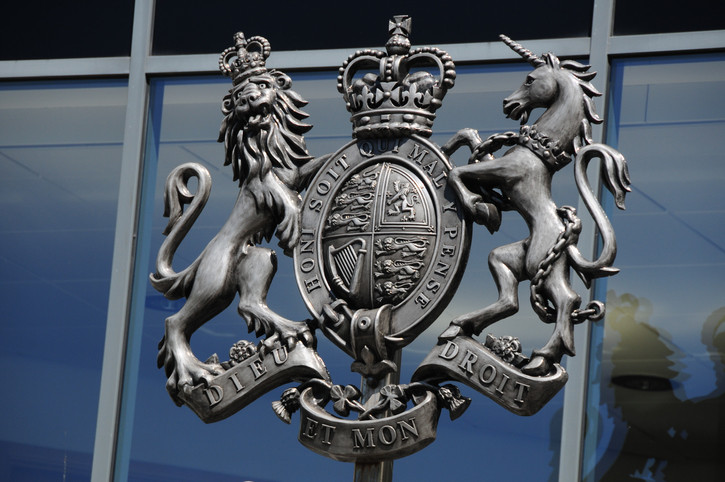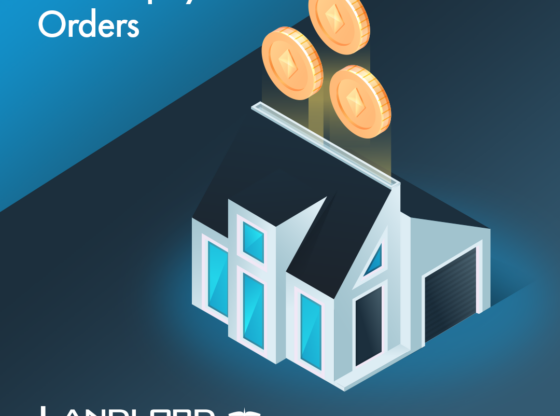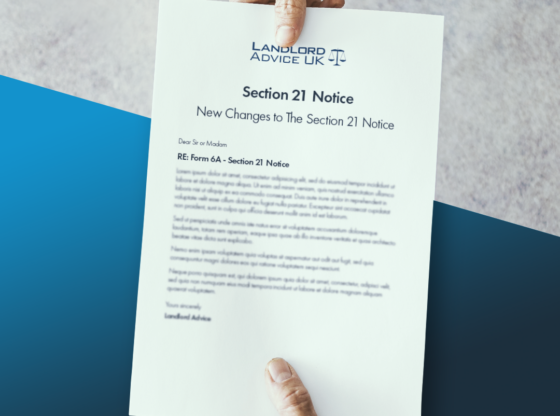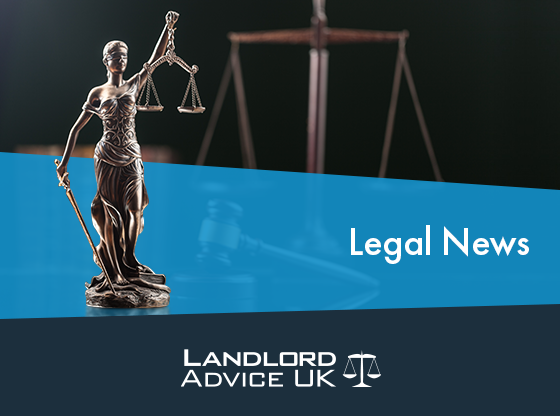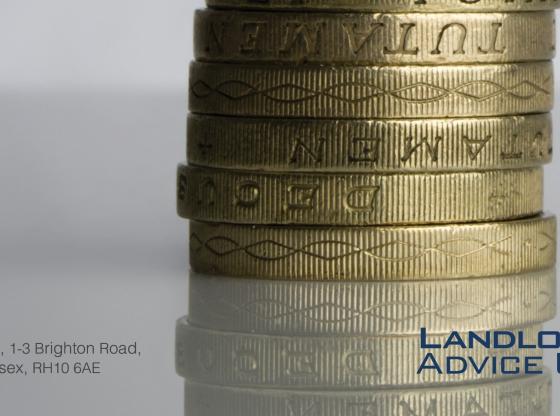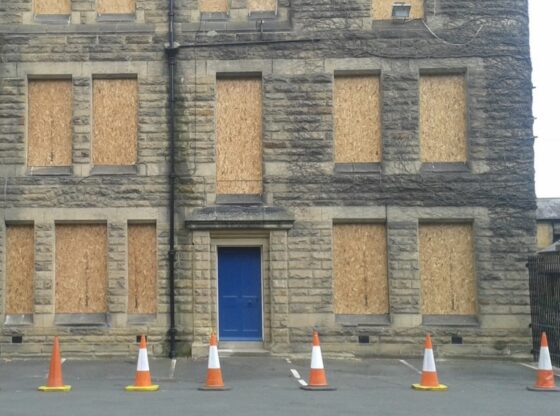On 05 June 2020 the MHCLG announced that the current ban on evictions would be extended until 23 August 2020.
- Ban on evictions from social or private rented accommodation extended by 2 months
- New court rules will ensure vulnerable renters will be protected when the suspension of evictions ends
- Government committed to ensuring that no one is evicted from their home this summer due to coronavirus.
The ban on evictions was effective from 27 March 2020 and was initially going to last for 3 months. Following an announcement from the Ministry of Housing, Communities and Local Government the suspension on evictions will now be extended until 23 August 2020. The suspension on evictions applies to cases previously issued and also new cases.
Landlords can still serve eviction notices and also issue possession claims; however, the courts will automatically be adjourning possession claims until after 23 August 2020 when the suspension on evictions ends.
When the ban on evictions is lifted, it is expected there will be significant delays due to the backlog of cases to be heard by the courts.
Housing Secretary Rt Hon Robert Jenrick MP said:
“We have provided an unprecedented package of support for renters during this pandemic. Today, I am announcing that the government’s ban on evictions will be extended for another 2 months. That takes the moratorium on evictions to a total of 5 months.
Eviction hearings will not be heard in courts until the end of August and no-one will be evicted from their home this summer due to coronavirus.
We are also working with the judiciary on proposals to ensure that when evictions proceedings do recommence, arrangements, including rules, are in place to assist the court in giving appropriate protections for those who have been particularly affected by coronavirus – including those tenants who have been shielding.”
Lord Chancellor and Secretary of State for Justice, Robert Buckland QC MP, said:
“Protecting vulnerable people has been our priority throughout this pandemic. Extending this ban will give people invaluable security in these turbulent times and work continues at pace to ensure vulnerable renters remain protected long after the ban ends.”
This announcement builds on the radical package of measured taken during these difficult times to protect both renters and landlords affected by coronavirus, including:
- Extending mortgage payment holdings to include landlords whose tenants are experiencing financial difficulties due to the pandemic.
- Supporting businesses to continue to pay their staff through the furlough scheme, as well as strengthening the welfare safety net with a nearly £7 billion boost to the welfare system and increasing Local Housing Allowance.
- Delivering £180 million in Discretionary Housing Payments to councils across the country to support renters with housing costs in the private and social rented sectors.
- Guidance which helps landlords and tenants to work together to resolve issues at the earliest opportunity.
What can landlords do in cases of rent arrears?
Landlords can still serve eviction notices. The Government brought in emergency legislation in March 2020 which extended the notice period required to be given under section 8 and 21 notices (and other notices which you can read about in the leaflet: Guide for Landlords). Landlords are now required to give 3 months’ notice before being able to issue possession proceedings.
Landlords should consider serving a section 8 notice in cases of rent arrears, but also work with the tenant and agree on an affordable rent repayment plan where possible. Tenants should be requested to pay what rent they can, and any shortfall paid back in a manner agreed by the parties.
For tenants that in receipt of universal credit, the landlord can request that the housing element of universal credit is paid directly to them by using the UC47 form which can be accessed here: https://www.gov.uk/government/publications/universal-credit-landlord-request-for-a-managed-payment-or-rent-arrears-deduction
Discretionary Housing Payment
For tenants in receipt of housing benefit or universal credit, the tenant may be entitled to a discretionary housing payment.
Landlords can also request tenants to apply to the local authority for a discretionary housing payment to pay a lump sum to the landlord to pay off all or part of any outstanding rent. This can only be applied for where the tenant is in receipt of housing benefit of universal credit with housing costs.
How can a tenant claim a discretionary housing payment?
This will depend on your council. Check with your council if you can apply online, by downloading an application form from their website or by phoning them. You can find their contact details on letters from them, or check at – www.gov.uk/find-your-local-council
Other help with housing costs
Find out what other help your tenant can get towards housing costs if you get:
- Universal Credit – www.gov.uk/universal-credit/other-financial-support
- Housing Benefit – www.gov.uk/housing-benefit/other-help-with-housing-costs
Mortgage Holidays
Landlords who have a mortgage on their rental properties should also contact their lenders to seek a mortgage holiday where their tenant is not paying the rent. Landlords should ensure they check the terms of any mortgage holiday offered by a lender.

